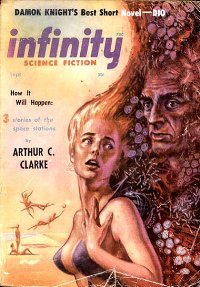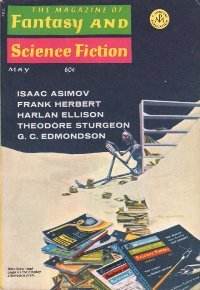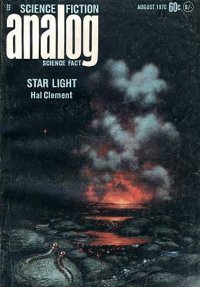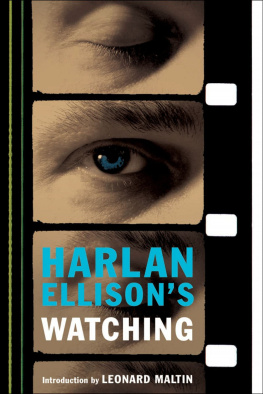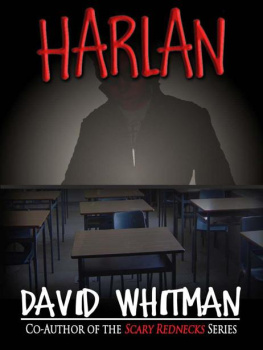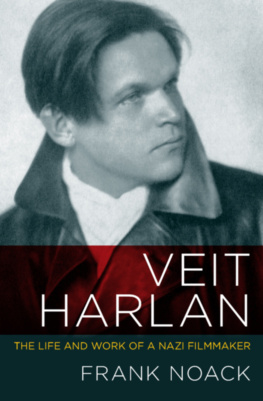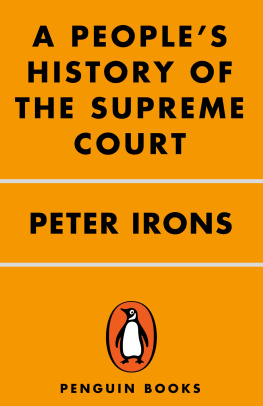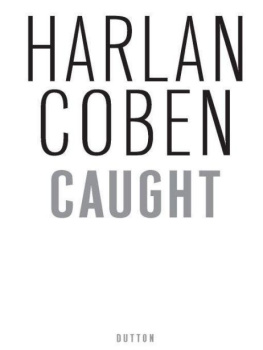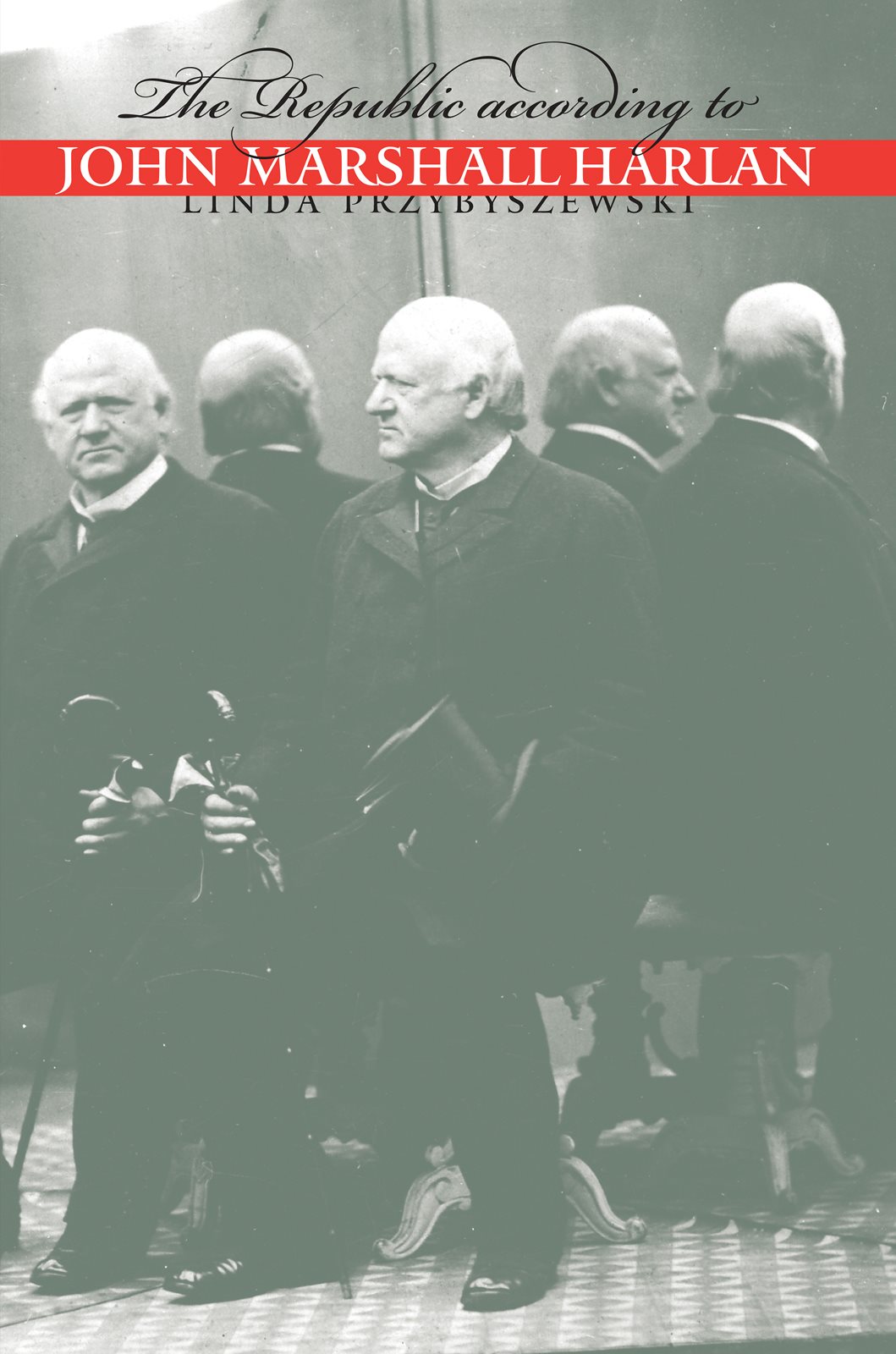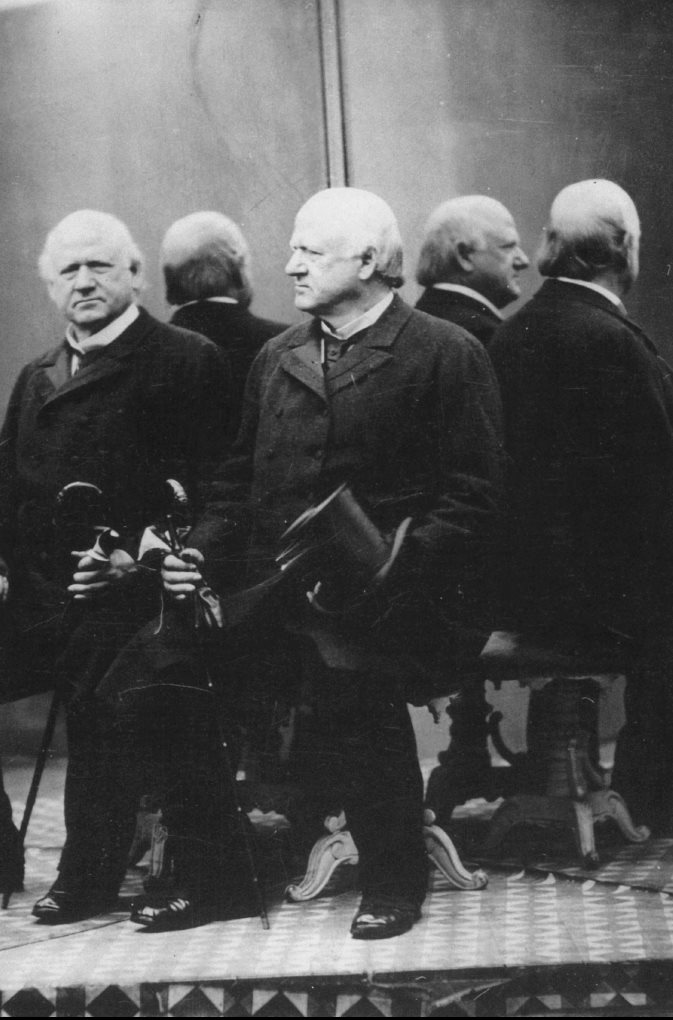ILLUSTRATIONS
Tintype of John Marshall Harlan, circa 1903, frontispiece
Malvina Harlan, 17
James Harlan, 19
Robert James Harlan, 24
John Marshall Harlan and Malvina French Shanklin, 29
Harlan raised his own Union regiment, the 10th Kentucky Infantry, in September 1861, 36
New York Avenue Presbyterian Church in Washington, D.C., in 1903, 48
Portrait of the Centennial Bench of Elders of the New York Avenue Presbyterian Church in 1903, 52
Harlan and Augustus E. Willson at Transylvania University in 1908, 59
1882 photograph of the U.S. Supreme Court, 76
1911 photograph of the U.S. Supreme Court, 77
Front page of the 17 February 1898 issue of the New York World depicting the explosion of the U.S. battleship Maine in the harbor at Havana, Cuba, 126
Cartoon on the cover of the 11 June 1898 issue of Judge depicting the Philippines as a dark-skinned, primitive, and noisy infant, 131
James Shanklin Harlan, 143
Cartoon in the 7 September 1898 issue of Puck depicting Standard Oil as an octopus, 178
John Maynard Harlan, 198
Richard Davenport Harlan, 200
ACKNOWLEDGMENTS
Many people know that Virginia Woolf believed that a writer needs a room of ones own. She also suggested an income of 500. I would add to Woolfs list of necessities a circle of supportive family members, friends, colleagues, and mentors. I am grateful to have had all of these.
My graduate work at the History Department at Stanford University was made possible by a Mellon Fellowship in the Humanities and by funds from the History Department and the Office of Graduate Studies. The Northern California Association of Phi Beta Kappa also awarded me a graduate scholarship.
In addition, I received a Littleton-Griswold Research Grant from the American Historical Association. Generous postdoctoral fellowships from the Charles Phelps Taft Memorial Fund at the University of Cincinnati and the Institute for Legal Studies at the Law School of the University of Wisconsin-Madison furthered my research. The first year I was at Cincinnati, the Law School graciously offered me space in its library. The Society of Fellows in the Humanities at the Heyman Center at Columbia University gave me time to revise the manuscript in the final and crucial stages. I am grateful to the staff of the center for their help, especially the director of the society, Marsha Manns. At the center, I enjoyed the stimulating intellectual company of Michael Anderson, Leo Shin, and Richard Serrano. My many discussions and friendship with Anne Waters made my time at Columbia precious.
As a faculty member at the University of Cincinnati, I have received technical help, financial support, and leave time from the university. I thank especially the Taft Memorial Fund, the Department of History, the Deans Office of the McMicken College of Arts and Sciences, and the Office of Research and Advanced Studies.
Many people have helped me find resources on John Marshall Harlan, including the staff of Stanford Universitys Green Library, especially Jim Knox; the staff of the Manuscript Division of the Library of Congress; James J. Holmberg of the Filson Club Historical Society in Louisville, Kentucky; the archivists at the Chicago Historical Society; Gene Teitelbaum of the University of Louisville Law Library; and Thomas J. Culbertson of the Rutherford B. Hayes Presidential Center in Fremont, Ohio.
Robert F. Peckham, who was then chief judge of the U. S. District Court for the Northern District of California, was kind enough to arrange my first contact with the Harlan family. Several descendants of Harlan, including Elizabeth Derby Middione, Eve Harlan Dillingham, Edith Harlan Powell, and Roger A. Derby, did me a great service by gathering the materials they possessed.
Many historians and legal scholars have helped me at conference sessions, through correspondence, and in conversation. I am especially grateful for the chance to discuss my work at the Biography Seminar at Stanford University organized by Barbara Babcock and Diane Middlebrook, with the fellows at the Heyman Center at Columbia University, with the historians led by Phil Gleason at the Young Scholars in American Religion seminar sponsored by the Center for the Study of Religion and American Culture at Indiana University-Purdue University at Indianapolis, and with my colleagues in Cincinnati at the History Department research seminar.
My greatest intellectual debts are to my mentors. As an undergraduate, I took a course in legal history at Northwestern University taught by Arthur McEvoy. His friendship has helped me through my hardest moments, and his example as a teacher, scholar, and colleague is always with me. Robert Gordon and George M. Fredrickson helped me immeasurably as I was writing my dissertation. Carl N. Degler, my graduate adviser, was generous with his time and attention and even let me sit in his endowed chair, which inspired me to no end.
Years ago, I met Lewis Bateman of the University of North Carolina Press, and one of my pleasures in finishing this manuscript has been placing it in his hands. G. Edward White served as a perceptive reader of the manuscript. The editors of the Studies in Legal History series, Dirk Hartog and Tom Green, read several versions of the manuscript and offered advice of the kind few authors receive and from which most could benefit. I am especially grateful to Dirk for his willingness to wait while I found my voice and his faith that indeed I would. Paula Wald at the press has proved an encouraging and keen-eyed project editor.
My friends Nancy Spatz, Wayne Durrill, Maura OConnor, and Bill Novak have listened to and read many a Harlan story and kept my spirits up throughout the work. Daniel Ernsts friendship has been as invaluable as his advice. During my final push to finish the book, David Lazar refreshed me with his wit and learning, provided smart editorial advice that eventually sank in, and proved to be a steadfast and cheerful companion during my many bouts with ill-health. My father and stepmother, Adam and Ying Przybyszewski, have offered their love as well as much-needed technical help with computers. My mother, Carol Adams, has always made my way easier with her love, encouragement, and good humor.


